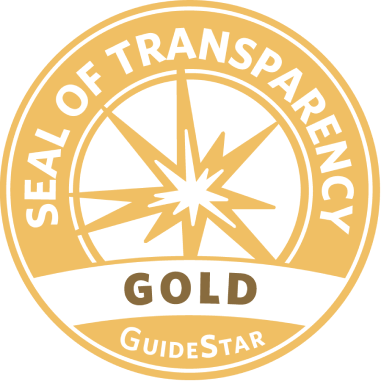For women in Iran and Afghanistan, education is more than just learning—it is a battle for freedom. In societies where restrictions on women’s rights are severe, access to knowledge can mean the difference between oppression and opportunity. One of the most powerful tools in this fight is language, and English, in particular, has become a key to unlocking new possibilities.
Learning English is not just about communication; it is about breaking barriers, finding independence, and connecting to a world beyond borders. For many women, it represents a path to education, financial security, and a voice that cannot be silenced.
Overcoming Educational Restrictions
In Afghanistan, girls have been banned from attending secondary schools and universities since 2021. In Iran, while women can study, they face strict government controls on what subjects they can pursue and how they can express themselves. Despite these challenges, many women turn to English as a way to access learning outside their restricted environments.
- Online Learning – Many international universities and organizations offer free online courses in English, allowing women to study in secret when formal education is denied.
- Independent Study – With English, women can read books, research global news, and learn skills that help them stay informed and empowered.
- Teaching Others – Women who learn English often become educators themselves, helping other women and girls gain knowledge and confidence.
In a world where access to education is restricted, English becomes a way to defy limitations and reclaim the right to learn.
Economic Independence Through Language
In many parts of Iran and Afghanistan, women are financially dependent on male family members due to legal and cultural restrictions on their employment. Learning English can open doors to new job opportunities that provide independence and security.
- Remote Work – Many women find employment as online tutors, translators, or customer service representatives for international companies.
- Scholarships and Higher Education – English proficiency allows women to apply for scholarships and study at universities abroad, giving them a chance at a better future.
- Entrepreneurship – With access to global markets, women can start businesses, sell handmade products online, or engage in freelance work that provides an income.
By learning English, women gain not only skills but also the ability to support themselves, reducing their dependence on systems that limit their freedom.
A Voice That Cannot Be Silenced
Language is power, and English allows women to share their stories with the world. Many women use English to connect with international human rights organizations, write about their experiences, and advocate for change.
- Speaking Out – Women protesting in Iran have used English to communicate their struggles on social media, ensuring their voices are heard globally.
- Connecting to a Global Network – Learning English provides access to worldwide support groups, women’s rights organizations, and mentors who can help guide them toward opportunities.
- Challenging Oppression – When women can express themselves freely, they challenge the systems that seek to keep them silent.
More Than a Language—A Path to Freedom
For women in Iran and Afghanistan, English is more than just a subject to study—it is a means of survival and a step toward independence. Through education, economic empowerment, and self-expression, learning English is a tool that helps women break free from the restrictions imposed on them.
Each new word learned is a step toward freedom. Each lesson is an act of defiance. And with every woman who learns, the future becomes a little brighter.

